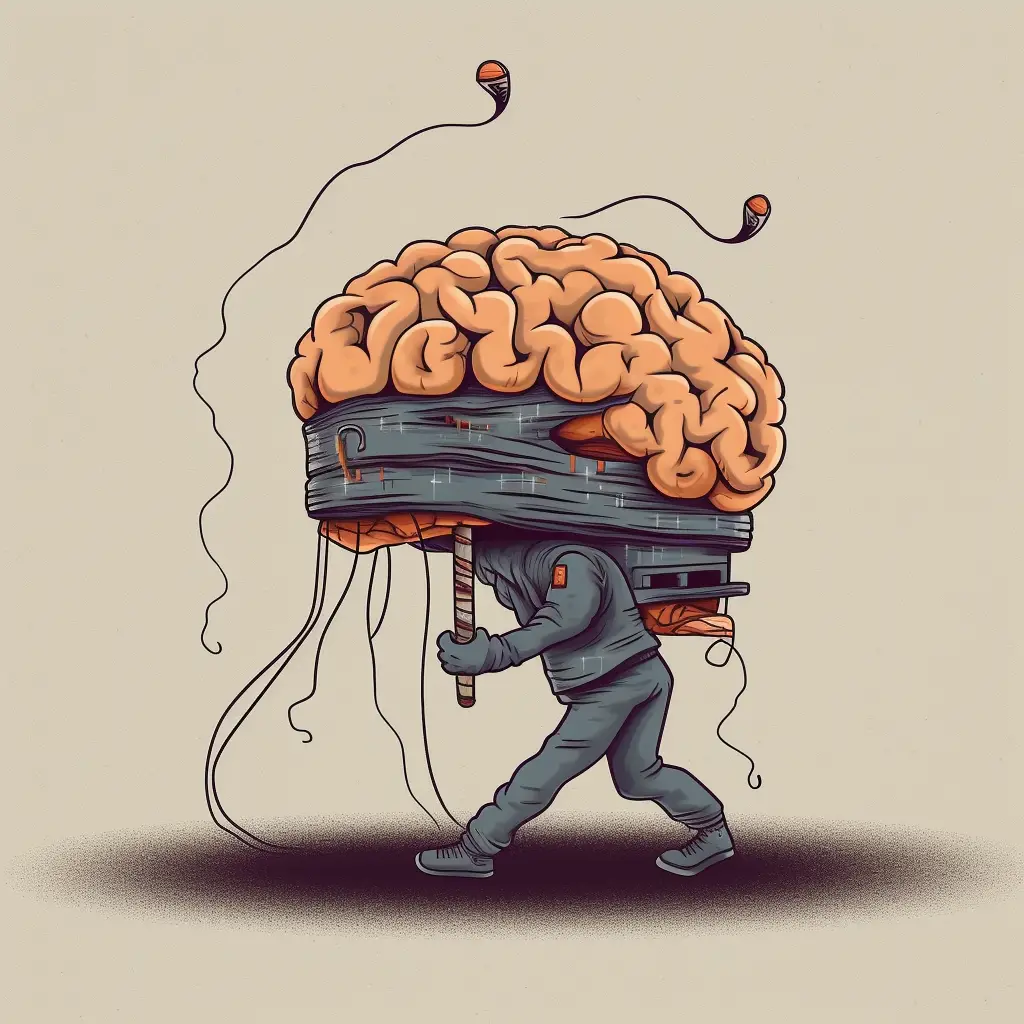
Maintenance rehearsal, also called rote rehearsal, is when someone repeatedly says a piece of information out loud in the hopes of being able to remember it easier. It’s thought our short-term memory is able to hold about 12-30 seconds worth of information, but using maintenance rehearsal is thought to increase it.
Note, it doesn’t help with storing stuff in our long-term memories. For that, there are techniques called elaborative rehearsal. None of these rehearsals are clearly as bad as my own version in grade school where I had to dress up as the Bride of Chucky, although the memory of it was clearly stored.
What is Maintenance Rehearsal in Psychology?
Maintenance rehearsal is like a parking spot for information in your brain. It’s great for short-term storage, like holding a phone number in your head until you dial it, but it’s not the best option for long-term memory. Think of it like a rental car – you have it for a little while, but you don’t own it forever.
If you want to give your brain’s memory a permanent home, try elaborative rehearsal! It’s like building a sturdy house for your information to live in long-term. You’re not just repeating it mindlessly, you’re giving it meaning and making connections to other information.
The phonological loop is like a phone booth in your brain, where information can quickly go in and out. It’s a function of your working memory, which is like a busy office in your brain. The phonological loop can hold around seven items at once, but it relies on subvocal rehearsal to keep the memory traces fresh. And if you pair visual and auditory information together, like reading and listening at the same time, you’re more likely to remember it.
So remember, maintenance rehearsal is best for short-term storage, but if you want to build a lasting memory, try elaborative rehearsal!
Maintenance Rehearsal Example
It all started when I was preparing for a big presentation at work. I thought I had everything under control and didn’t need to rehearse my speech the night before. I was confident that I could simply review my notes verbally right before the presentation and be fully prepared.
But when the time came for my presentation, I was thrown off guard. My boss handed me the clicker from the opposite end of the room, causing a delay of a few seconds. During those few seconds, my mind went blank, and I couldn’t recall any of the important points I had planned to make.
I realized that I had only been using Maintenance Rehearsal, repeatedly reciting my notes to myself without actually connecting them to anything meaningful. This only kept the information in my Short-Term Memory for a short amount of time before it quickly disappeared.
If I had utilized Elaborative Rehearsal, I could have connected my points to real-life examples or my personal experiences, making the information more meaningful and easier to remember. By doing so, the information would have been transferred to my Long-Term Memory, allowing me to recall it effortlessly during the presentation.
So remember, it’s not just about repetition, it’s about making connections and giving meaning to the information that you want to remember. Use Elaborative Rehearsal to your advantage, and you’ll be surprised at how much easier it is to retain important information!




